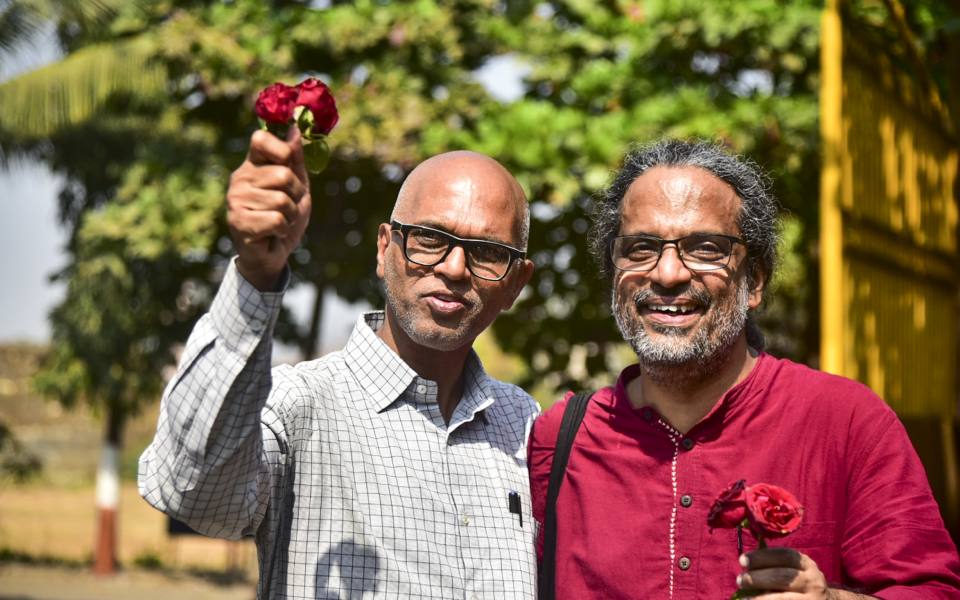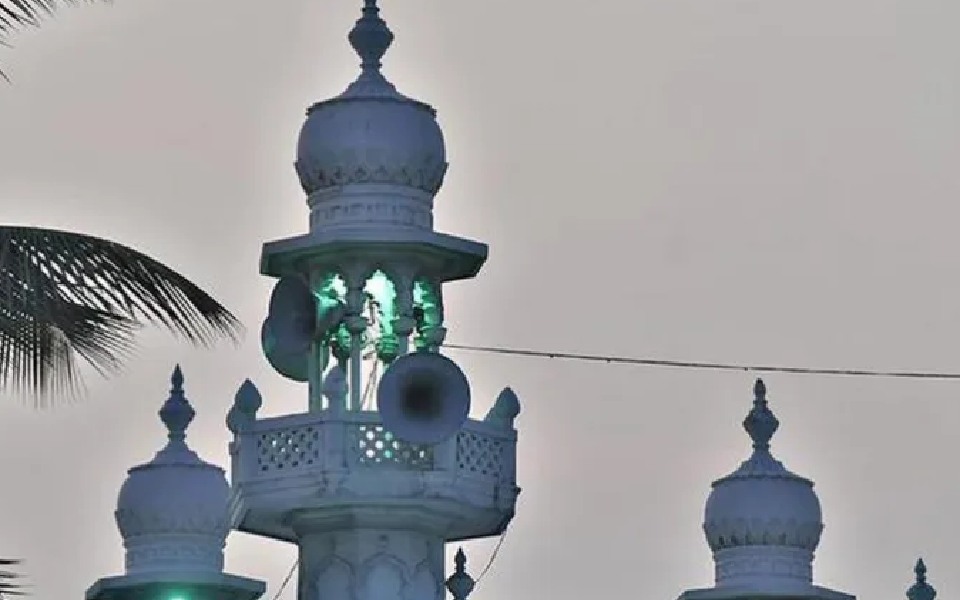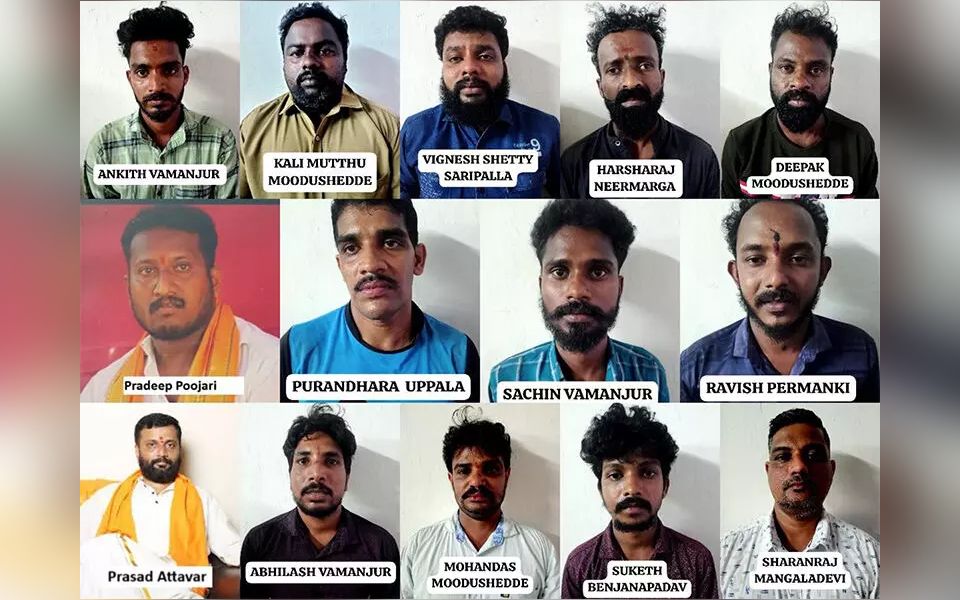Mumbai, Jan 24 (PTI): Researcher Rona Wilson and activist Sudhir Dhawale, accused in the Elgar Parishad-Maoist links case, were on Friday released on bail from a Navi Mumbai prison, more than six years after they were arrested.
The duo walked out of the Taloja jail in neighbouring Navi Mumbai at around 1:30 pm on completion of bail formalities before the special NIA court presiding over the case, over a fortnight after they were granted bail by the Bombay High Court.
The HC granted bail to Wilson and Dhawale on January 8, noting they had been in jail since 2018 and the trial in the case, in which anti-terror act UAPA has been invoked, was yet to start.
"They are in jail since 2018. Even the charges in the case are yet to be framed. The prosecution has cited over 300 witnesses, thus there is no possibility of the trial concluding in the near future," the HC observed while granting them relief.
A trial starts after charges are framed in a criminal case.
Apart from Dhawale and Wilson, 14 other activists and academicians were arrested in the case. Eight of them -- Varavara Rao, Sudha Bharadwaj, Anand Teltumbde, Vernon Gonsalves, Arun Ferreira, Shoma Sen, Gautam Navlakha and Mahesh Raut -- have been granted bail till now.
Among them, Raut still remains in jail as the appeal filed by the National Investigation Agency (NIA) against his bail is pending before the Supreme Court.
Jesuit priest and activist Stan Swamy, one of the accused, died in 2021 while lodged in judicial custody.
The case pertains to provocative speeches allegedly delivered at the Elgar Parishad conclave held in Pune on December 31, 2017, triggering violence at Koregaon-Bhima, a village outside Pune city, the next day.
The Pune police had claimed the conclave was backed by Maoists. The NIA later took over the probe.
Let the Truth be known. If you read VB and like VB, please be a VB Supporter and Help us deliver the Truth to one and all.
Prayagraj, Jan 24 (PTI): The Allahabad High Court on Wednesday dismissed a writ petition seeking direction to the state authorities to permit the mounting of loudspeakers on a Masjid.
The court observed that the religious places were for offering prayers, therefore the use of loudspeakers was not a matter of right.
Dismissing the writ petition filed by Pilibhit-resident Mukhtiyar Ahmad, a two judge-bench, comprising Justice Ashwani Kumar Mishra and Justice Donadi Ramesh, observed, "Religious places are for offering prayers to the divinity and use of loudspeakers cannot be claimed as a matter of right, particularly when often such use of loudspeakers create nuisance for the residents".
At the outset, the state counsel objected to the maintainability of the writ on the grounds that the petitioner was neither a mutawalli, nor did the mosque belong to him.
The court also noted that the petitioner did not have locus to file the writ petition.
The term 'locus' is a legal concept that refers to the right of a person or entity to participate in a legal proceeding or bring a lawsuit.





